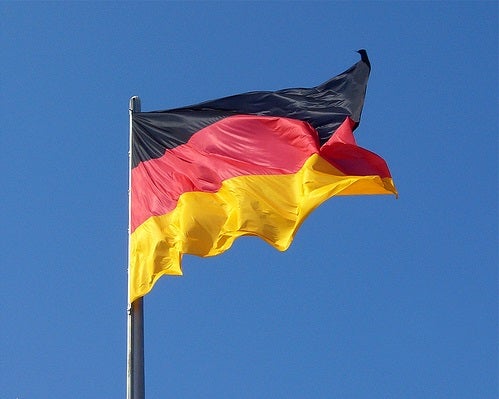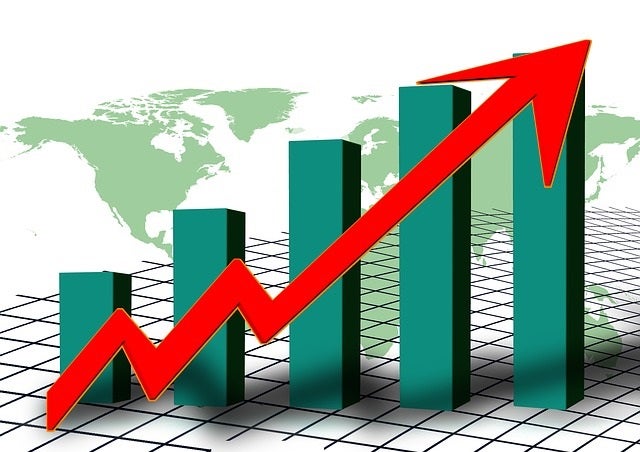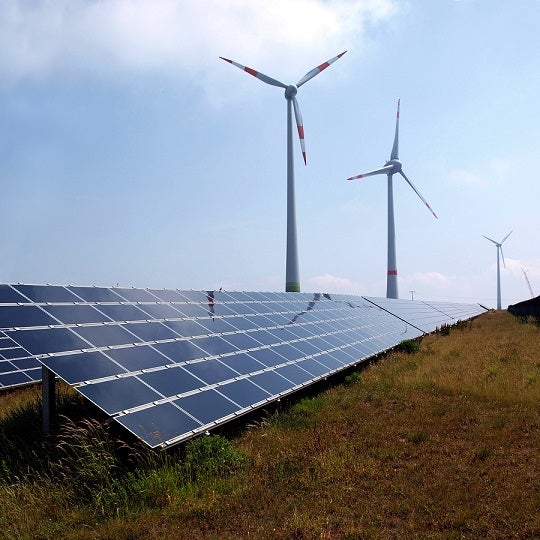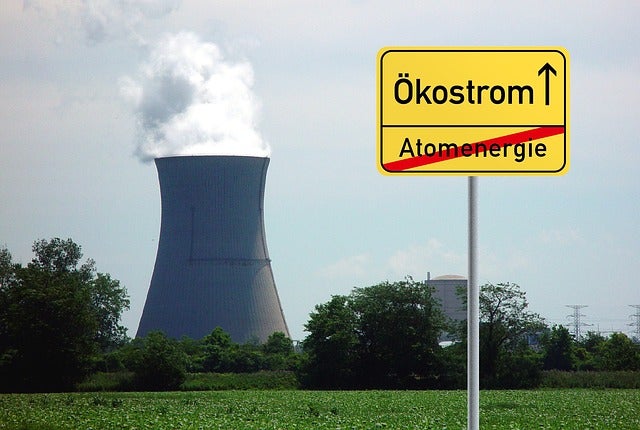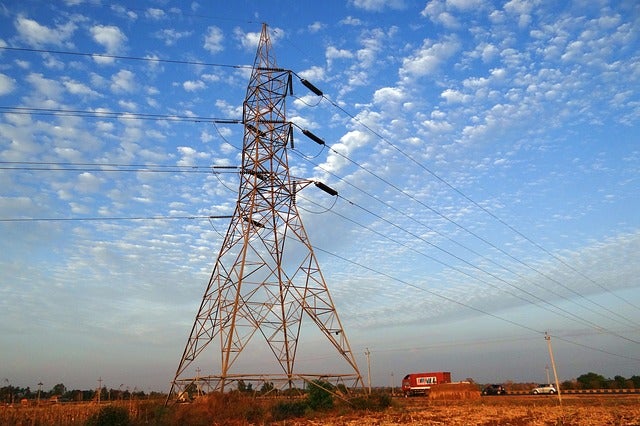 Since 2004, the year of the first major revision of Germany’s Renewable Energy Act (EEG), the country has added at least 35 gigawatts (GW) of solar and 35 GW of wind to its electric grid – enough to offset upwards of 35 coal plants. What’s more impressive is during the first half of 2014, close to 29 percent of Germany’s electricity came from renewable sources. For perspective, America’s renewables percentage, at about 14 percent, was half of Germany’s during this timeframe.
Since 2004, the year of the first major revision of Germany’s Renewable Energy Act (EEG), the country has added at least 35 gigawatts (GW) of solar and 35 GW of wind to its electric grid – enough to offset upwards of 35 coal plants. What’s more impressive is during the first half of 2014, close to 29 percent of Germany’s electricity came from renewable sources. For perspective, America’s renewables percentage, at about 14 percent, was half of Germany’s during this timeframe.
Meanwhile, the country has improved its status as a grid reliability leader, causing the Heinrich Böll Foundation’s Energy Transition blog to conclude, “Clearly, installing the equivalent of 100 percent of peak demand as wind and solar capacity does not bring down the grid.” Renewables International further asserts, “Renewables have not yet reached a penetration level that has detrimentally impacted grid reliability.”
This success runs contrary to the predictions of Energiewende’s critics, who have sounded the alarms about investing in “too much” renewable energy. Some of these concerns are more valid than others, but the truth is, most of these claims are blown out of proportion, fixable with solutions that are not overly complex, and/or based on no empirical data. Read More










